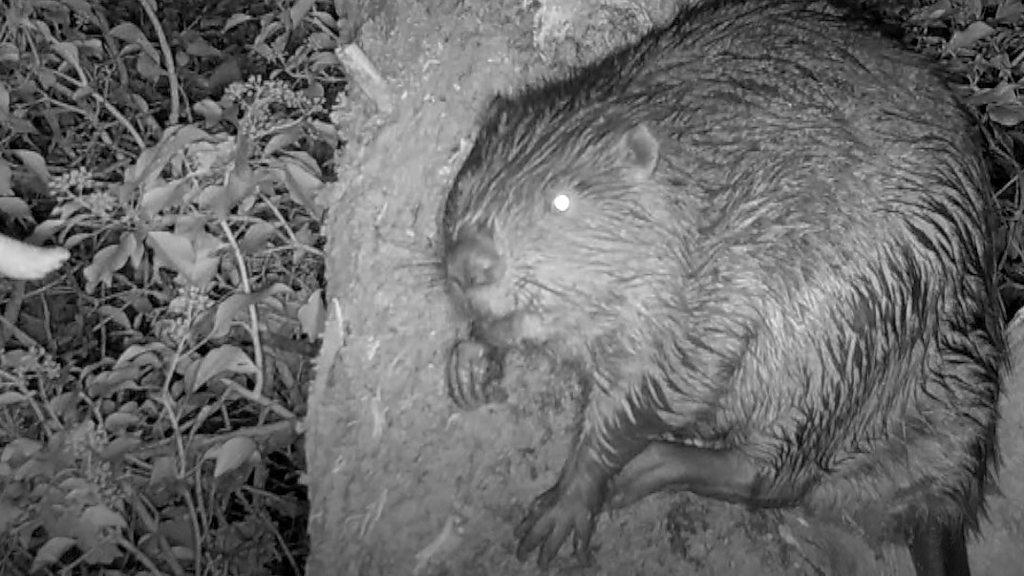Beavers to make Nene Wetlands return after 400 years
- Published
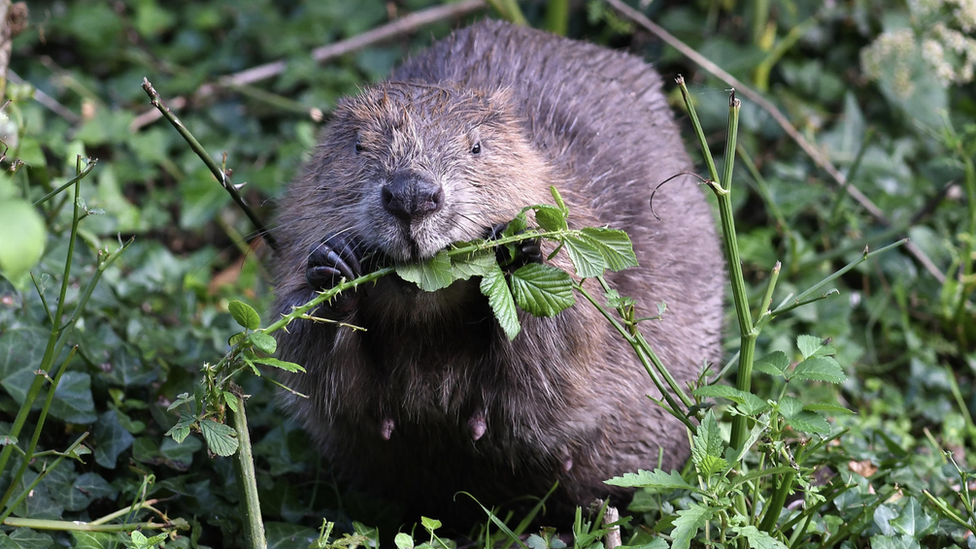
Beavers are "nature's engineers" and are known for improving biodiversity and enhancing ecosystems
Beavers are set to return to a wetland for the first time in 400 years, conservationists said.
The "charismatic" dam-builders will be reintroduced to the Nene Wetlands nature reserve, near Rushden in Northamptonshire.
The Wildlife Trust said it had secured a licence from Natural England to release the native animals next winter.
Conservation manager Matt Johnson said it was a "unique opportunity to see this iconic species return".
The news followed the successful completion of a feasibility study, external that would see the beavers released into an enclosed area of the wetland.
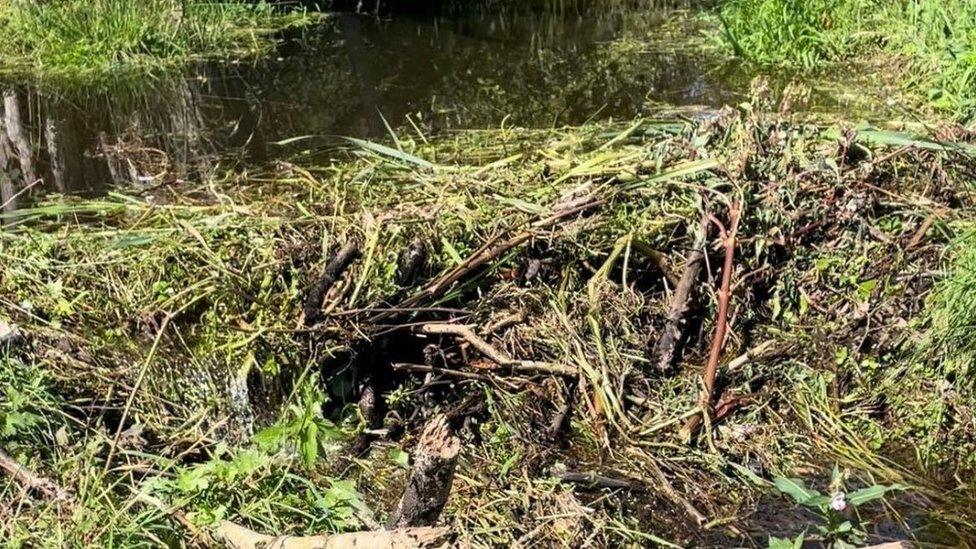
Beavers quickly build dams of mud and sticks which can transform wetland habitats
It would be the first time in four centuries that the animals would be seen in the Nene Valley and the first release on to Crown Estate land, the Wildlife Trust said.
They are expected to be released through the winter of 2024-2025.

About the beaver
Beavers only eat plants - not just trees but brambles and other plants too. They are big fans of Himalayan balsam - an invasive non-native species that can spread easily and become problematic for our native wildflowers
They do not kill or destroy trees, they coppice them - these grow back and provide more spaces for wildlife
They are unlikely to build dams in the area as beavers usually build dams in rivers to create lagoons in which they can better protect themselves from predators
A feasibility study conducted by the Beaver Trust found the area to be the most ecologically suitable site for the beavers
Source: Wildlife Trust

The Northamptonshire branch of the charity said it would work closely with the Beaver Trust to "ensure the highest welfare standards".
Known for their excellent habitat engineering skills, beavers were officially recognised as a native species in England and a European protected species in October 2022.
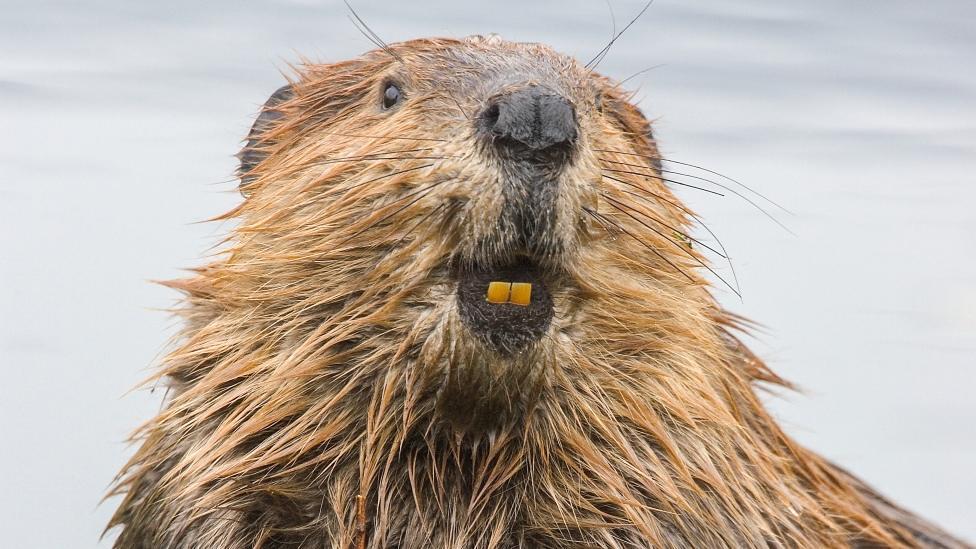
Beavers are "charismatic" native mammals and have been reintroduced to wetlands across England in recent months
The Wildlife Trust said the hardworking animals would play a role managing the wet woodland habitat in an enclosed area around Delta Pit, helping to "continue reedbed restoration work and creating a dynamic and diverse wetland habitat that will benefit a range of other species".
Beavers have been reintroduced to wetlands by a number of regional wildlife trusts in recent months in a bid to restore biodiversity.
"This is an exciting and unique opportunity to see this iconic species return to the Nene Valley, bringing back both its natural habitat restoration skills as well as providing an opportunity for the visitors to see beavers in the wild at our most visited reserve," Mr Johnson said.
Mike Thomas, of the Crown Estate, added: "We know that nature is critical for our wellbeing and for a secure future, and urgent action is needed to tackle the decline in nature and biodiversity.
"These will be the first beavers to be reintroduced on our land and we are looking forward to welcoming them into our community."

Find BBC News: East of England on Facebook, external and Instagram, external. If you have a story suggestion email eastofenglandnews@bbc.co.uk or get in touch via WhatsApp on 0800 169 1830
Related topics
- Published29 June 2023
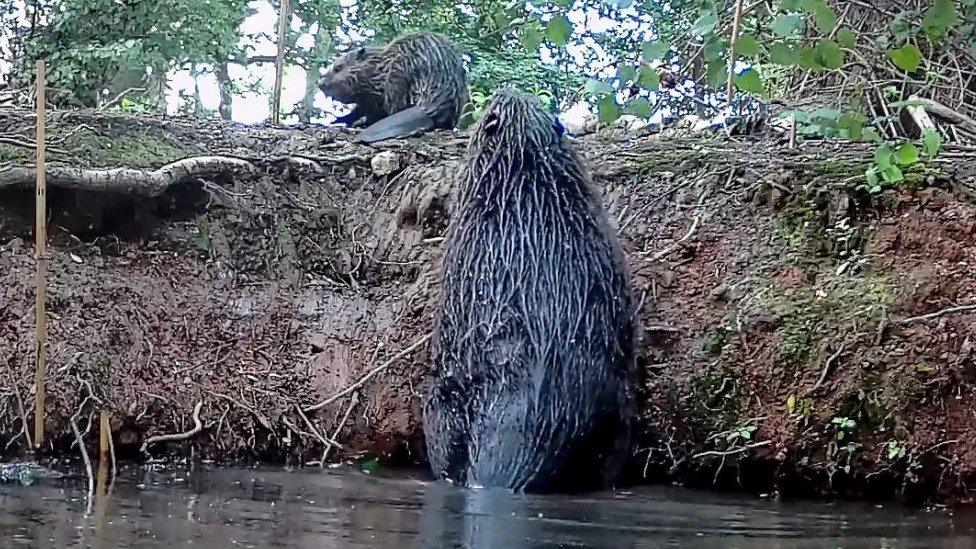
- Published18 March 2023
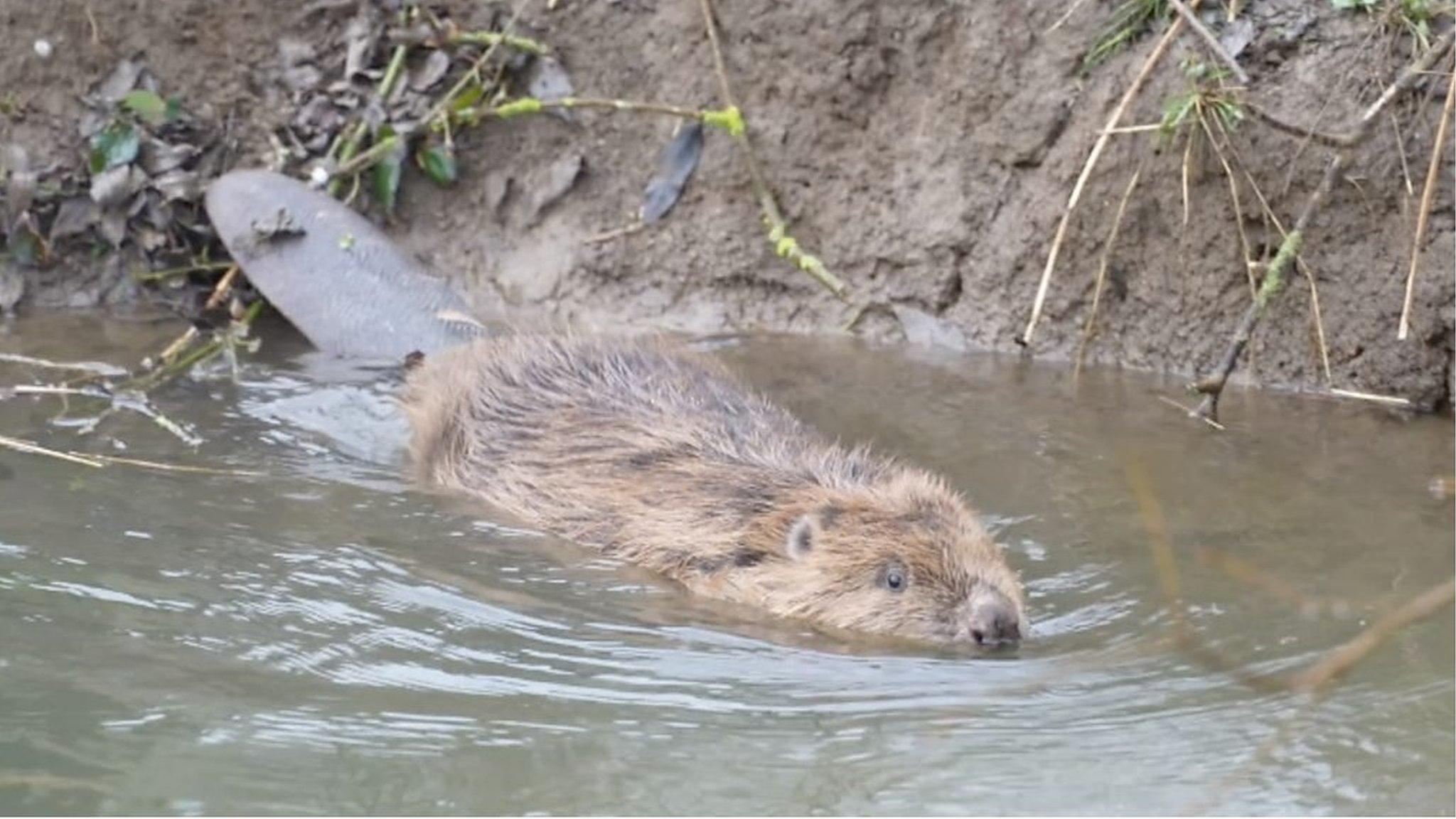
- Published5 February 2023
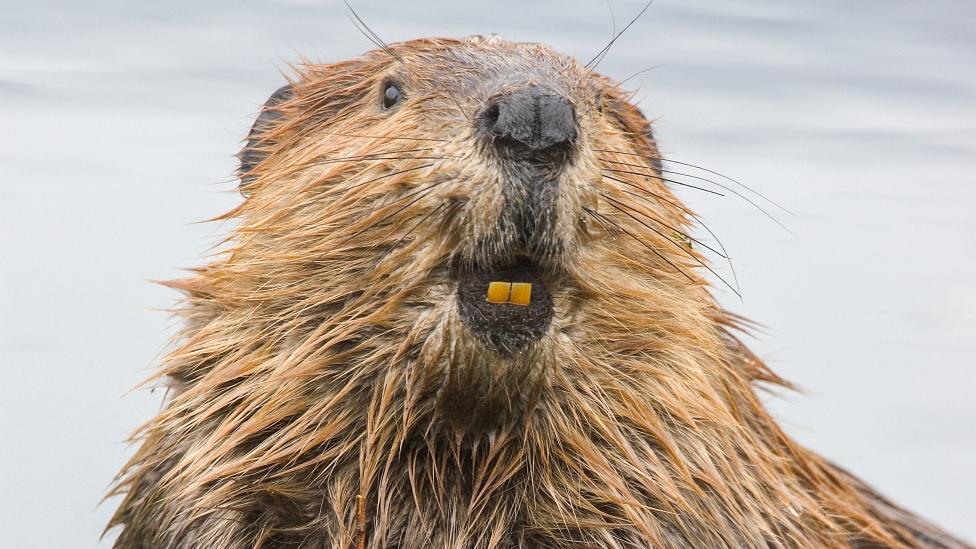
- Published30 November 2022
